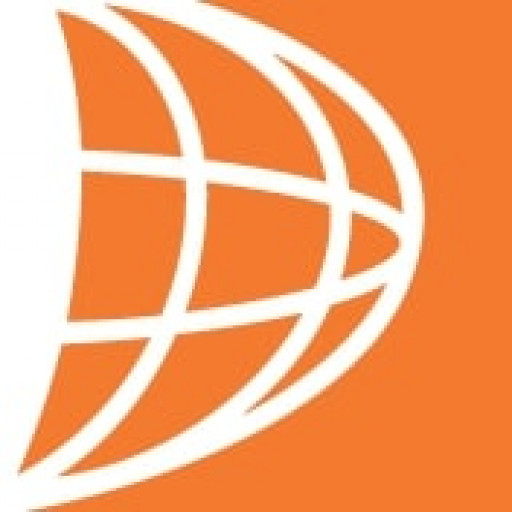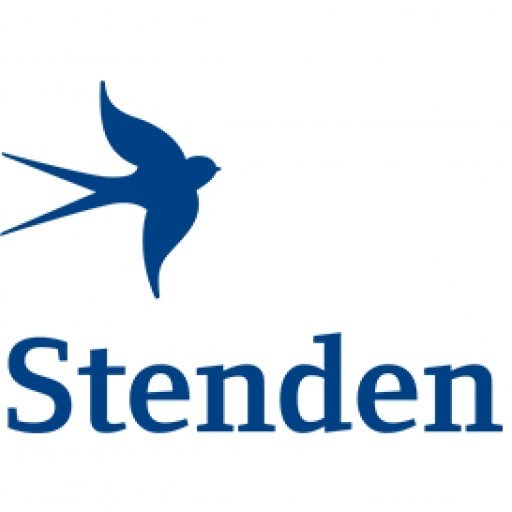Photos of university / #uva_amsterdam
The Master's programme in Communication Science: Youth and Media at the University of Amsterdam offers an innovative and interdisciplinary approach to understanding the complex relationships between young people, media, and society. This programme is designed for students who are interested in exploring how media influence the development, behavior, and perceptions of youth, as well as how young people actively shape media content and their surrounding digital environments. Throughout the programme, students gain a comprehensive understanding of communication theories, media practices, and the social dynamics that impact youth media engagement in a rapidly evolving digital landscape.
The programme combines rigorous academic coursework with practical research skills, encouraging students to critically analyze various media forms including social media, television, digital platforms, and gaming. Students learn to investigate issues such as identity construction, peer influence, media literacy, online safety, and the role of media in education and socialization processes. The curriculum integrates perspectives from sociology, psychology, communication studies, and media studies, providing a multidisciplinary foundation essential for addressing contemporary challenges faced by young people in the media landscape.
Students are also engaged in empirical research by designing, implementing, and analyzing studies centered on youth media usage, preferences, and impact. This hands-on approach prepares graduates for careers in academia, media organizations, educational institutions, non-profit organizations, and policy-making bodies concerned with youth and media. Throughout the programme, students develop critical thinking, research methodology expertise, and a nuanced understanding of how media shapes youth culture and society at large.
The University of Amsterdam emphasizes a global perspective, incorporating international research and case studies, and fostering a diverse learning environment. The programme is ideal for students interested in social sciences, media studies, psychology, or communication and looking to specialize in the media experiences of young people. Upon graduation, students are equipped to contribute to policy development, media content creation, youth engagement strategies, and academic research, making a positive impact on the interfaces between youth, media, and society.
The Master's program in Communication Science: Youth and Media at the University of Amsterdam offers an in-depth exploration of the dynamic relationship between young people and the media environments they engage with daily. This program is designed to equip students with the theoretical knowledge and practical skills necessary to analyze and understand media use among youth from a variety of perspectives, including societal, psychological, and technological. Students will examine how media influence youth development, socialization, identity formation, and peer interactions, as well as how digital innovations reshape communication patterns among young people.
Throughout the program, students will explore key topics such as media literacy, online behavior, social media engagement, digital communication technologies, and the impact of media on youth mental health and well-being. The curriculum combines core courses in communication theory, media analysis, and research methods with specialized modules focused on youth-specific media use and digital cultures. Emphasis is placed on developing research competencies through hands-on projects and empirical studies, enabling students to critically assess media trends and their implications for youth society.
The program also emphasizes contemporary issues such as privacy, cyberbullying, digital identity, and the role of media in fostering social inclusion or exclusion. Students will learn to design, implement, and evaluate interventions aimed at promoting healthy media habits among young populations. The interdisciplinary approach integrates insights from sociology, psychology, media studies, and education, preparing graduates for careers in academia, media consultancy, policy advising, or youth-oriented media development.
In addition to coursework, students have opportunities for international exchange, internships, and collaborative research projects with stakeholders like schools, media organizations, and NGOs. The program encourages a critical, reflective mindset, aiming to produce professionals capable of addressing complex media challenges faced by youth societies in an increasingly digital world. Graduates will be well-positioned for research roles, media analysis, public policy formulation, or positions within youth media organizations, contributing to understanding and improving media use among young people worldwide.
Admission to the Master's in Communication Science: Youth and Media at the University of Amsterdam requires applicants to hold a Bachelor's degree from a recognized university, preferably in Communication Science, Media Studies, Sociology, or a related field. Applicants must demonstrate relevant academic background and interest in youth and media topics. A strong academic record is expected, with an emphasis on courses related to communication processes, media analysis, and youth studies. Additionally, proficiency in English is mandatory, with non-native speakers required to submit IELTS or TOEFL scores meeting specified minimums (for example, an IELTS overall band score of 7.0 or higher, with no section below 6.5). The application process involves submitting an online application form through the university's admission portal, accompanied by official transcripts, a curriculum vitae, a motivation letter detailing the applicant's interest in youth and media, and, if applicable, a portfolio or research proposal. Applicants may also need to provide proof of relevant work experience or extracurricular activities related to media or youth engagement, although this is not always mandatory. In some cases, interviews or assessment tests may be part of the selection procedure to evaluate the applicant's motivation, academic potential, and suitability for the program. It is recommended that applicants review the specific admission requirements listed on the university's official website for the most accurate and detailed information, and to ensure all necessary documents are prepared ahead of the application deadline. Successful candidates are expected to possess critical thinking skills, a genuine interest in understanding media dynamics among youth, and the ability to conduct independent research. The program also encourages applicants who have specific ideas or project proposals related to youth and media to include them in their application to strengthen their candidacy. Overall, the admission requirements aim to select students with a solid academic foundation, clear motivation, and a keen interest in exploring the intersections of youth culture and media phenomena, ensuring they are well-equipped to succeed in the interdisciplinary and research-oriented environment of the program.
The Communication Science: Youth and Media program at the University of Amsterdam offers students a comprehensive financial structure designed to support their academic pursuits and personal development. The tuition fees for this program vary depending on the student’s nationality and residency status. For EU/EEA students, the annual tuition fee is set at approximately EUR 2,314, whereas non-EU/EEA students are charged around EUR 11,000 per year. These fees are subject to annual changes, and prospective students are advised to consult the university’s official website for the most current information.
In addition to tuition fees, students should account for living expenses, including accommodation, transportation, books, and personal costs. The estimated living costs in Amsterdam range between EUR 10,000 and EUR 15,000 per year, depending on lifestyle choices. The university provides various financial aid opportunities, including scholarships, grants, and student loans. International students may be eligible for scholarships such as the Holland Scholarship, Amsterdam Merit Scholarship, or alumni grants, which can significantly reduce the financial burden.
The university also offers a range of part-time work opportunities that students can undertake during their studies to support themselves financially. These include on-campus jobs, research assistant positions, and internships related to communication and media. It is important to note that employment regulations may vary depending on the student’s nationality and visa status, and students should check the latest guidelines from the university and Dutch immigration authorities.
Funding options available to Dutch residents may also include government student grants and loans through the Dutch government’s student finance system. Additionally, students are encouraged to explore external funding opportunities from their home country, international organizations, or private foundations. The university’s financial services office provides detailed guidance and assistance on applying for scholarships, managing budgets, and understanding the financial aspects of studying in Amsterdam. Overall, students are advised to carefully plan their finances and consider all available avenues of funding to ensure a smooth educational experience in this dynamic program.
The Master's programme in Communication Science: Youth and Media at the University of Amsterdam is an innovative and in-depth program that explores the complex relationships between young people and various forms of media. The programme aims to equip students with a comprehensive understanding of the media usage patterns, media effects, and communication processes relevant to youth in contemporary society. It covers a broad spectrum of topics, including social media, digital communication, youth culture, media psychology, and media policy, providing students with both theoretical insights and practical skills to analyze and influence media-related issues affecting young populations.
Students in this programme will engage with cutting-edge research and methodologies, such as data analysis, media content analysis, and ethnographic research, enabling them to conduct their own independent investigations into media phenomena. The curriculum is designed to foster critical thinking and analytical abilities, encouraging students to examine how media shapes identity, socialization, and political opinions among youth. The programme features a mix of lectures, seminars, and project-based assignments that promote active learning and real-world applications.
Throughout the programme, students will have opportunities to collaborate with academic staff who are leading experts in the fields of media psychology, youth studies, and communication sciences. The university’s strong links with media organizations and youth research institutes provide students with valuable networking opportunities and insights into current industry trends. Graduates from this programme are prepared for careers in research, media consultancy, education, policy development, and in roles within media organizations or youth-focused NGOs.
The University of Amsterdam emphasizes an international and diverse learning environment, welcoming students from all over the world. The campus offers modern facilities, resources, and support services to enhance the educational experience. The duration of the programme typically spans one year for full-time students, with an option for part-time study. Upon completion, graduates receive a Master’s degree, which opens doors to advanced research positions or professional roles in media and communication sectors globally. This programme reflects the university’s commitment to innovative education and societal relevance, making it an excellent choice for those interested in understanding and shaping the future of youth and media.





